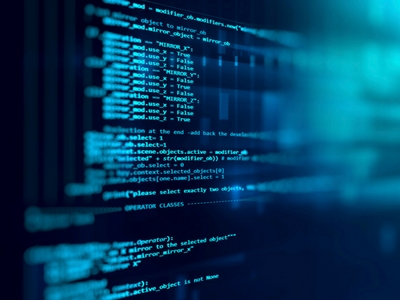
New Guidance Available on Auditing the Valuation of Digital Assets and Audit Procedures Surrounding Their Existence, Rights and Obligations
The American Institute of CPAs (AICPA) has updated its practice aid for the accounting and auditing of digital assets, with new guidance on auditing their valuation and auditing procedures surrounding their existence, rights, and obligations. The practice aid is free and regularly updated to keep accounting professionals and audit practitioners informed of rapidly evolving developments in the digital assets field.
The practice aid, Accounting for and Auditing of Digital Assets, is intended to provide nonauthoritative guidance on how to account for and audit digital assets under U.S. generally accepted accounting principles (GAAP) for nongovernmental entities and generally accepted auditing standards (GAAS), respectively. Practitioners who prepare financial statements and auditors with a fundamental knowledge of blockchain technology will find the guidance most useful.
The specific updates are:
- Chapter 5, containing considerations for auditing the existence, rights, and obligations of digital assets
- Chapter 6, containing considerations for auditing the valuation of digital assets
- An updated appendix B, which includes an auditing Q&A specific to the Securities & Exchange Commission’s Staff Accounting Bulletin No. 121 (SAB No. 121), which expresses the staff’s views on how an entity that has an obligation to safeguard digital assets for another party should account for that obligation. This new Q&A adds to the already existing accounting Q&As for SAB No. 121.
“This updated content adds valuable auditing guidance on testing assertions in these two key areas,” said Ami Beers, senior director of assurance and advisory innovation for AICPA & CIMA. “While the previous content helped practitioners with the client acceptance and planning and risk assessment phases of an engagement, this new content focuses on guidance for topics such as the different approaches to accessing information from a blockchain, assessing the reliability of that information, and suggested procedures an auditor may consider when an entity measures its digital assets using prices in active or thinly traded markets.”
Besides adding new material, the practice aid has switched from a narrative structure to a Q&A format to provide more focused guidance on key topics. In addition, the entire practice aid was updated to align with two Statements on Auditing Standards that recently became effective, SAS No. 143 and SAS No. 145.
To access the practice aid, please visit the download page.